As the 2024 election looms, former President Donald Trump has vowed to pardon supporters charged with crimes during the January 6 Capitol attack. However, a new report from Protect Democracy suggests that even if Trump wins, he may not have the authority to grant such pardons. This article delves into the constitutional limitations on the president’s pardon power.
Trump’s Promises to Pardon January 6 Rioters
Donald Trump has repeatedly promised to pardon his supporters who have been charged, convicted, and imprisoned for crimes committed during the January 6 attack on the Capitol. In a recent Truth Social post, he declared that one of his “first acts” in office, if re-elected, would be to “Free January 6 Hostages being wrongfully imprisoned.”
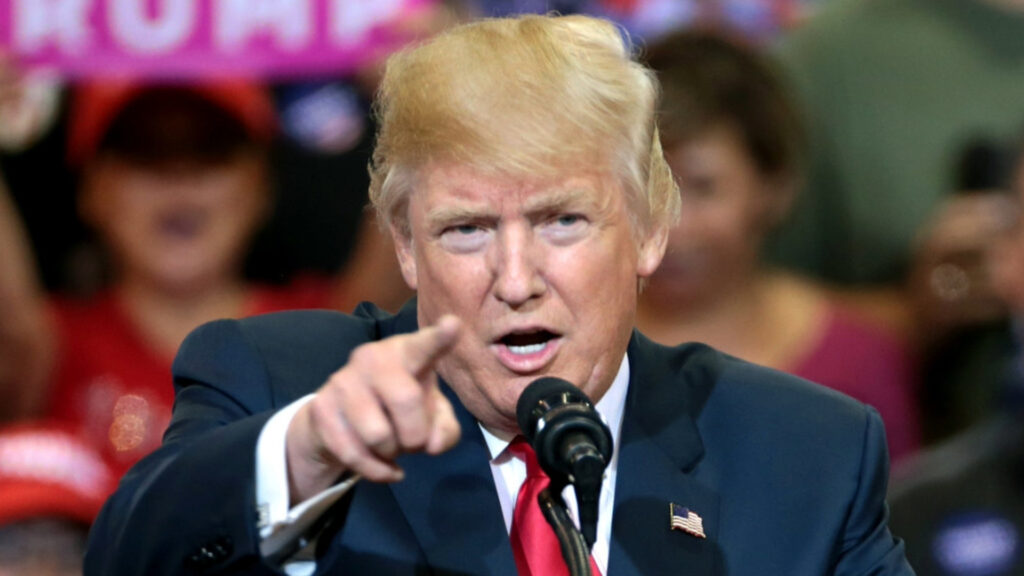
Trump has often referred to the convicted violent criminals as “horribly treated” and claims they are political prisoners persecuted for their support of him and his political movement. This rhetoric has raised concerns among legal experts and anti corruption activists about the potential misuse of the president’s pardon authority.
Distortions and Falsehoods Surrounding January 6
Republican-appointed federal judge Royce Lamberth expressed dismay at the “distortions and outright falsehoods” regarding the violent riot that have “seeped into public consciousness.” During a sentencing hearing for a January 6 defendant, Judge Lamberth remarked that in his 37 years as a federal judge, he couldn’t recall a time when “such meritless justifications of criminal activity have gone mainstream.”
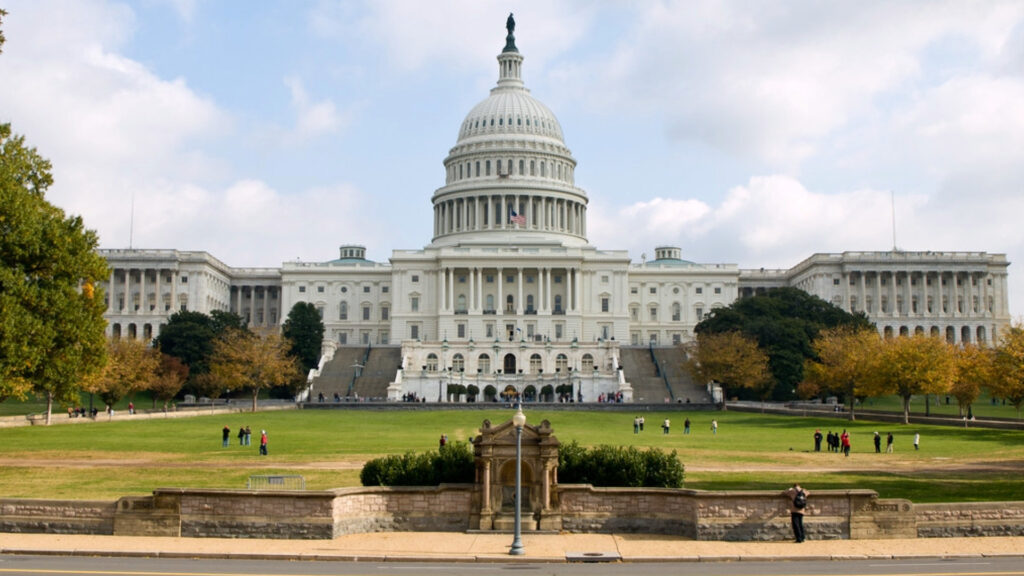
Trump’s portrayal of the January 6 rioters as victims has contributed to the spread of misinformation and the normalization of their criminal actions. This has further fueled concerns about the potential abuse of the president’s pardon power.
Trump’s History of Controversial Pardons
During his first term, Donald Trump used pardons to reward supporters for their loyalty, sometimes repaying them for refusing to cooperate with criminal probes into his conduct. In the final days of his presidency, he pardoned his former chief White House strategist Steve Bannon, ex-national security adviser Michael Flynn, former campaign chair Paul Manafort, and longtime associate Roger Stone.
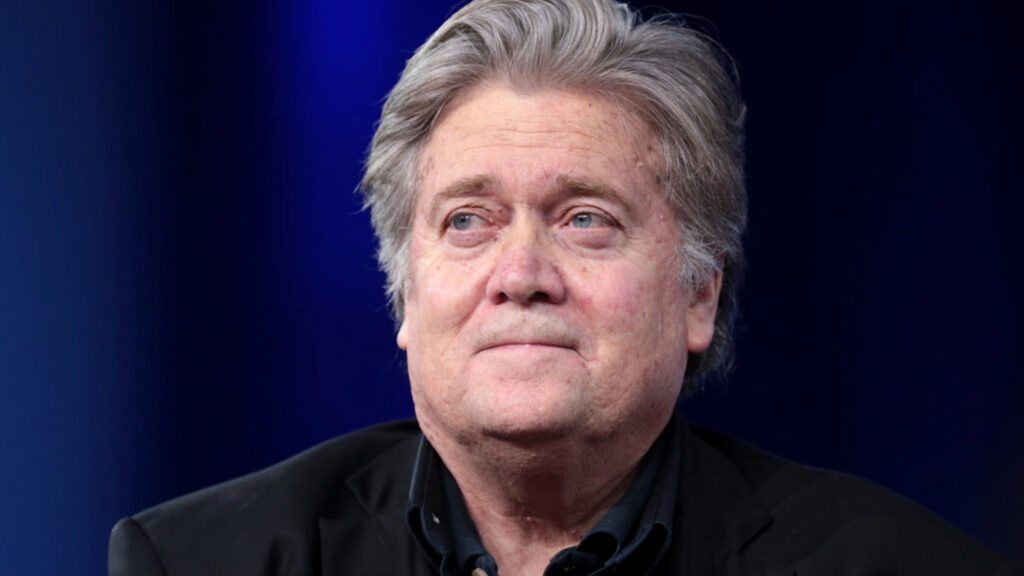
All four individuals were convicted of federal crimes but were rewarded by Trump for their refusal to turn on him. This pattern of controversial pardons has raised concerns about the potential for future abuse if Trump were to return to the White House.
Protect Democracy Report: Limitations on Presidential Pardon Power
A new report from anti-authoritarianism group Protect Democracy, titled “Checking the Pardon Power: Constitutional Limitations & Options for Preventing Abuse,” challenges the conventional wisdom that there are no limits to the president’s authority when it comes to pardons. The report’s author, Grant Tudor, argues that courts have exhibited no qualms about placing restrictions on the president’s pardon power.
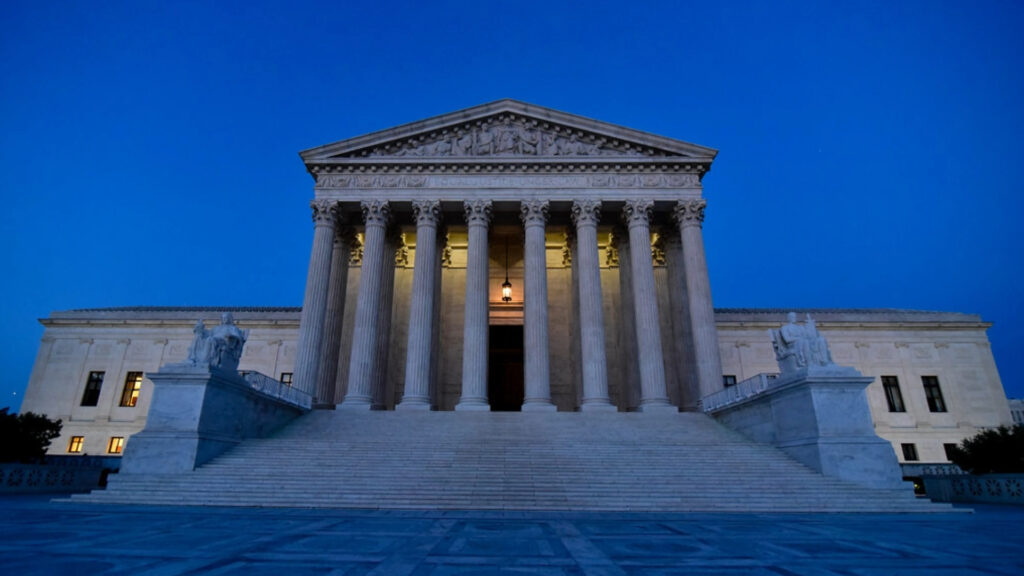
Tudor cites the landmark case Burdick v United States, in which the Supreme Court found that then-President Woodrow Wilson could not unilaterally issue a pardon to remove the threat of incrimination against an individual and force them to give evidence before a grand jury. The court’s ruling highlighted the “unresolved tension” between the pardon clause and the Fifth Amendment, which placed constraints on the president’s ability to pardon offenses.
Historical Precedents for Limiting Pardon Power
The pardon power’s counterpart in English law, the royal prerogative of mercy, has been subject to restrictions throughout its long history. The 1328 Statute of Northampton stated that the sovereign could not grant a pardon when doing so would violate his oath. In 1689, the Bill of Rights suspended the King’s ability to use pardons in ways that disregarded acts of Parliament.
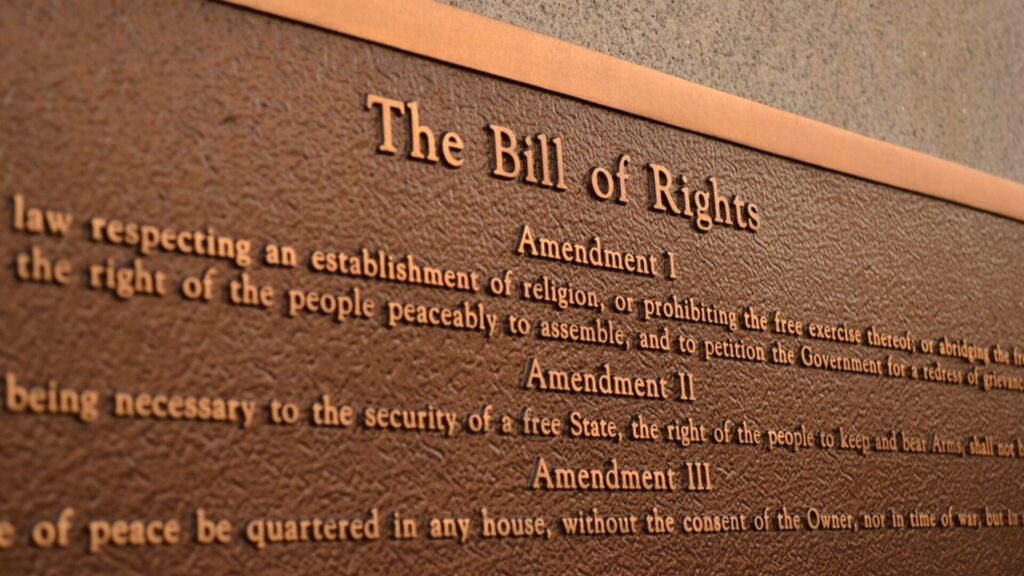
These historical precedents demonstrate that the concept of limiting pardon power is not unprecedented. They provide a foundation for considering the constitutional constraints on the president’s ability to grant pardons in certain circumstances.
Pardoning January 6 Rioters: A Unique Situation
Grant Tudor argues that a pardon for January 6 rioters would be a unique situation in which “the leader of an insurrection is pardoning fellow insurrectionists.” He notes that in previous instances where presidents have pardoned those who took up arms against the United States, the goal was to quell unrest, not to sanction it.
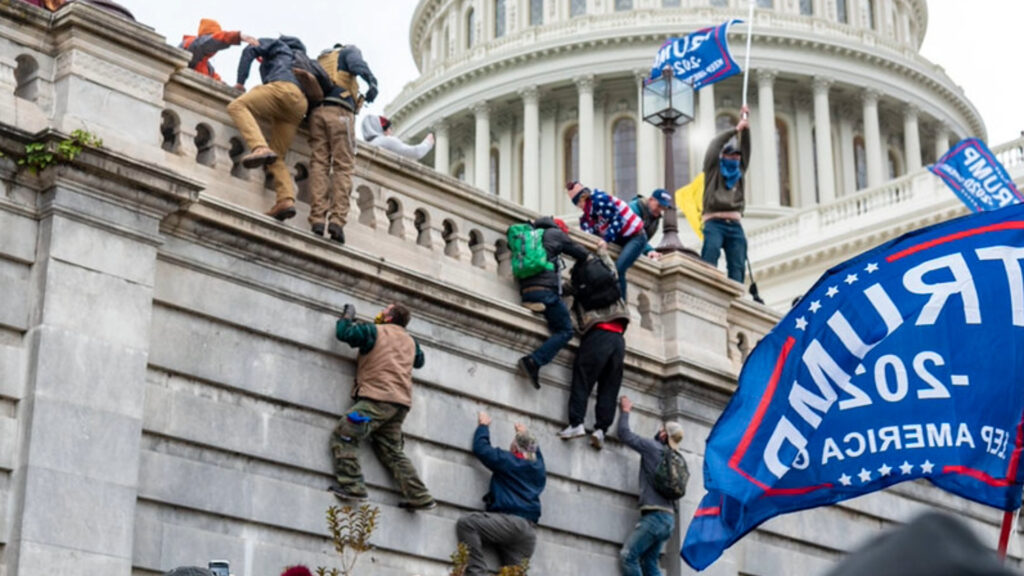
Tudor emphasizes that this would be the first time a president, who is himself a criminal defendant in the same scheme, is pardoning those who helped to further it. This raises significant constitutional questions about the legitimacy and legality of such pardons.
The Role of the Courts in Interpreting Pardon Power
While the president’s pardon power is broad, it is not unlimited. The courts have a crucial role in interpreting the scope and limitations of this authority. As demonstrated in Burdick v United States, the Supreme Court has been willing to place constraints on the president’s ability to issue pardons when they conflict with other constitutional principles.
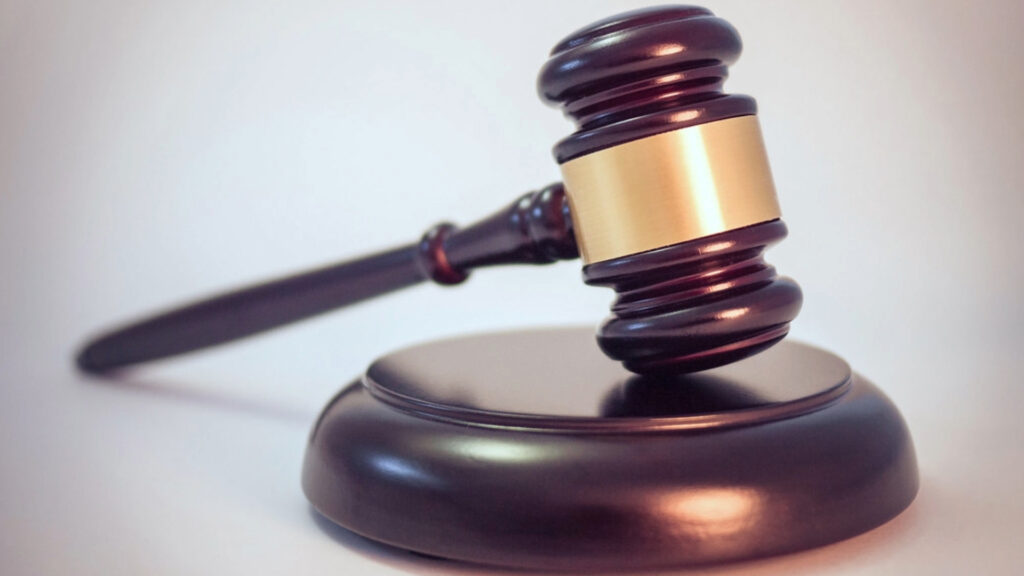
The Protect Democracy report highlights the need for further judicial scrutiny of the president’s pardon power, particularly in cases where pardons may be used to obstruct justice, undermine the rule of law, or protect the president and his associates from accountability.
The Importance of Preserving Checks and Balances
The separation of powers and the system of checks and balances are fundamental principles of the U.S. Constitution. The president’s pardon power, while significant, must be exercised within the boundaries set by these principles. Allowing a president to use pardons to shield himself and his supporters from the consequences of their actions would undermine the very foundations of American democracy.
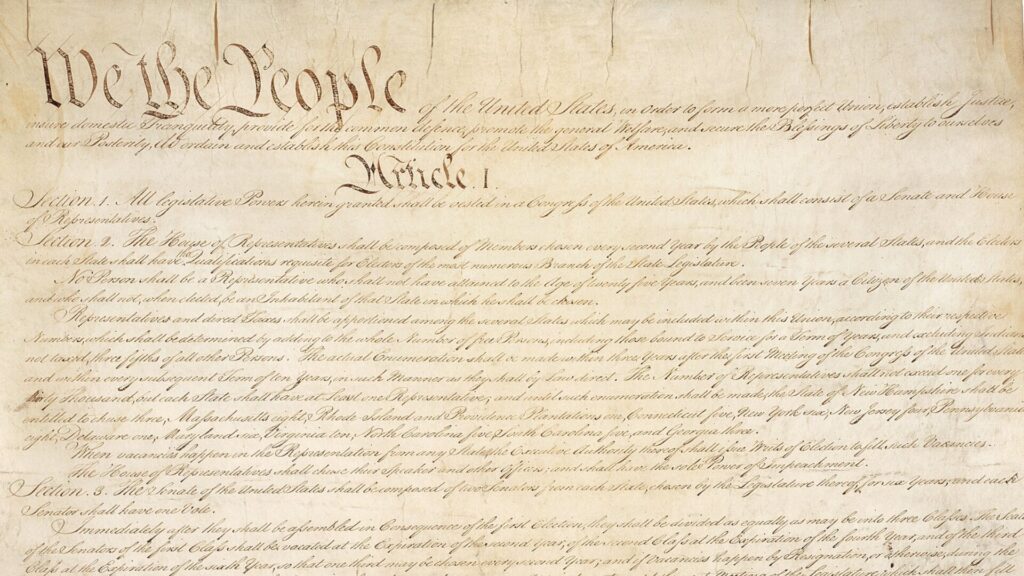
The courts, Congress, and the public must remain vigilant in ensuring that the president’s pardon power is not abused. The Protect Democracy report serves as a reminder that there are constitutional limitations on this authority and that it is the responsibility of all branches of government to uphold the rule of law.
The Potential Consequences of Pardoning January 6 Rioters
If Donald Trump were to pardon the January 6 rioters, it would send a dangerous message that violence and insurrection are acceptable means of political expression. It would undermine the efforts of law enforcement and the justice system to hold those responsible for the attack on the Capitol accountable for their actions.
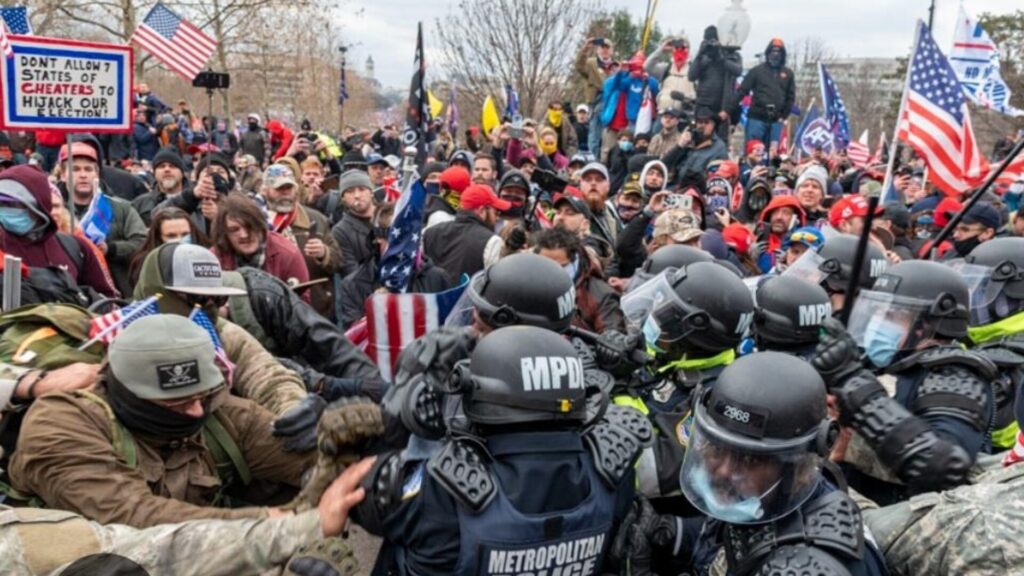
Pardoning the January 6 rioters could also embolden future attempts to disrupt the peaceful transfer of power and erode public trust in the democratic process. The president’s pardon power must be exercised judiciously and by constitutional principles.
The Need for Accountability and Justice
The January 6 attack on the U.S. Capitol was a dark day in American history. It represented an unprecedented assault on the very foundations of American democracy. Those who participated in the violence and destruction must be held accountable for their actions, regardless of their political affiliations or loyalties.
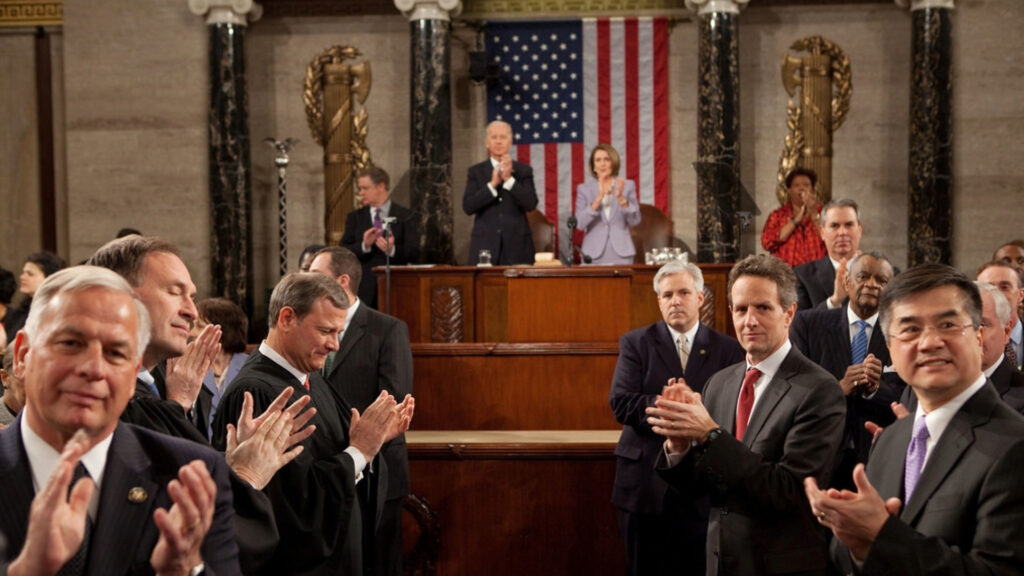
Pardoning the January 6 rioters would be a grave injustice to the brave law enforcement officers who defended the Capitol, the members of Congress whose lives were threatened, and the American people who watched in horror as the seat of their government came under attack. Justice demands that those responsible face the consequences of their actions.
Protecting the Integrity of the Pardon Power
The president’s pardon power is a significant responsibility that must be exercised with great care and consideration. It is intended to be used as a tool for mercy and justice, not as a means of rewarding political loyalty or shielding wrongdoers from accountability.
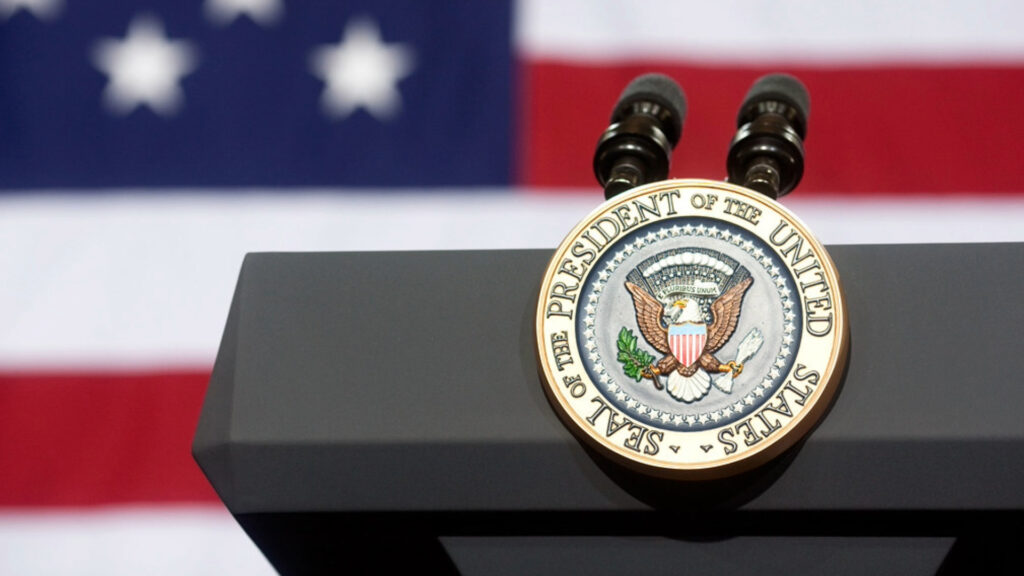
To protect the integrity of the pardon power, there must be clear guidelines and limitations on its use. The Protect Democracy report offers valuable insights into the constitutional constraints on this authority and the need for greater oversight and accountability.
The Role of the Public in Holding Leaders Accountable
Ultimately, the responsibility for holding political leaders accountable falls on the American people. It is up to the public to demand transparency, integrity, and adherence to the rule of law from their elected officials. This includes scrutinizing the use of the president’s pardon power and speaking out against any attempts to abuse this authority.
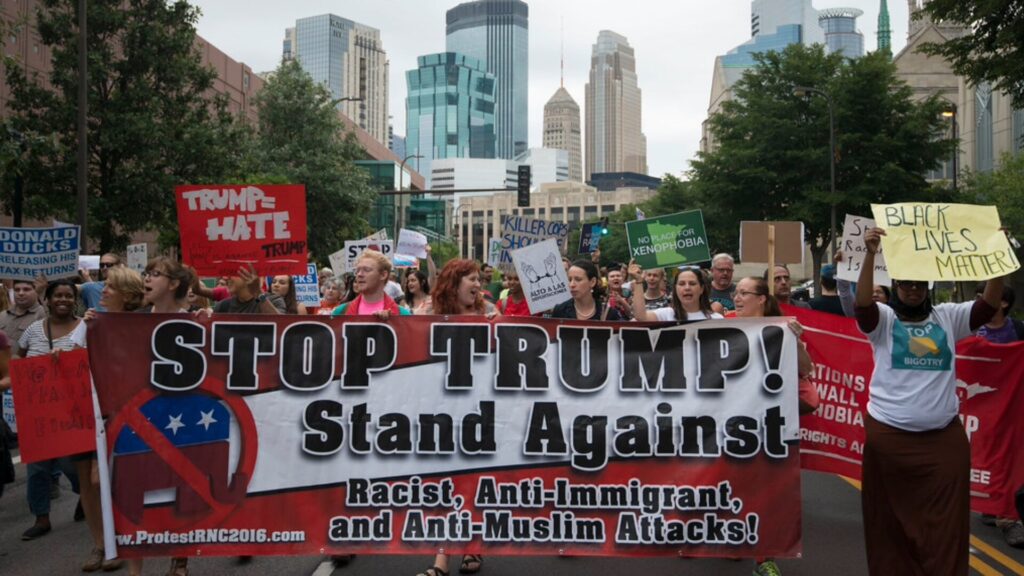
The public must remain engaged and informed, holding their leaders to the highest standards of ethical conduct and constitutional governance. Only through active participation and vigilance can the American people ensure that their democracy remains strong and resilient in the face of challenges.
Upholding the Constitution and the Rule of Law
As the debate surrounding Donald Trump’s potential pardons for January 6 rioters continues, it is crucial that all Americans, regardless of their political affiliations, stand united in their commitment to upholding the Constitution and the rule of law. The president’s pardon power, while significant, must be exercised within the boundaries set by these foundational principles.
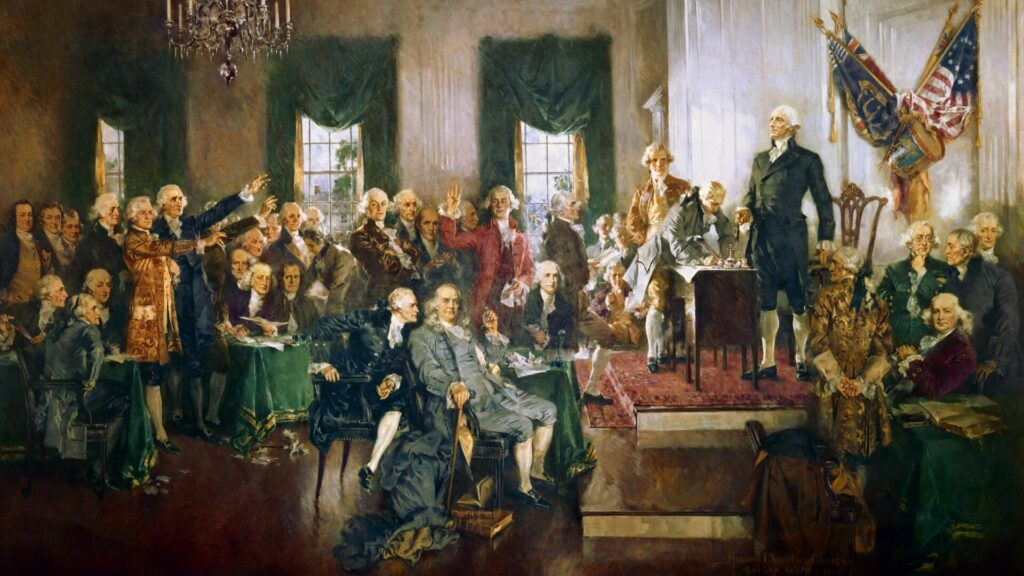
The Protect Democracy report serves as a timely reminder that there are constitutional limitations on the president’s authority to grant pardons, particularly in cases where such pardons would undermine the very fabric of our democracy. It is the responsibility of all Americans to remain vigilant in defending these principles and ensuring that justice is served.






GIPHY App Key not set. Please check settings